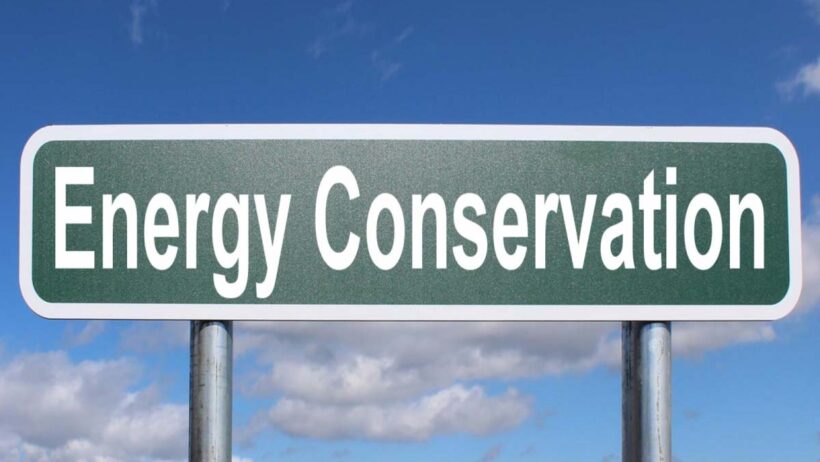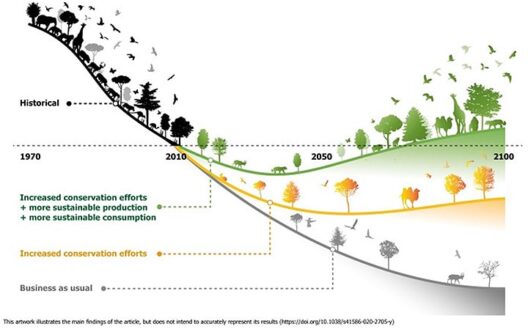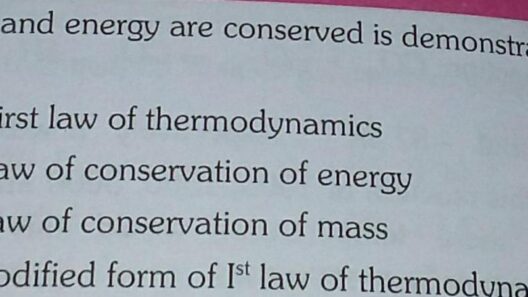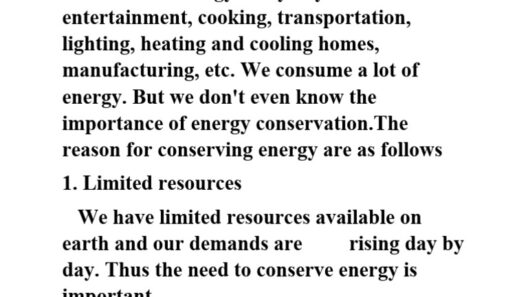Conserving energy represents not just a personal or economic choice but a significant and pressing global imperative. The casual observer might think of energy conservation merely as a method of saving money on utility bills. However, the broader implications for the environment unveil a profound relationship between our energy consumption habits and the health of our planet. By exploring how energy savings can yield positive impacts on the environment, we can begin to appreciate the intricate tapestry of benefits that conserving energy provides to the Earth.
Energy consumption is a leading contributor to environmental degradation. Infamous for emitting greenhouse gases, the burning of fossil fuels for energy remains a principal factor in climate change. When individuals and industries adopt energy conservation practices, they play a crucial role in mitigating emissions and enhancing planetary health. Understanding the multifaceted benefits of energy conservation can galvanize both individuals and businesses towards adopting sustainable behaviors.
The Crux of Energy Conservation: Reducing Carbon Emissions
At its essence, conserving energy directly correlates with reduced carbon emissions. The average household produces a significant amount of carbon dioxide by relying on electricity generated through fossil fuels. When energy consumption is lowered, the demand for energy generation diminishes. As a result, power plants are required to burn less fossil fuel, which subsequently leads to a decrease in harmful greenhouse gases emitted into the atmosphere. This essential connection is often neglected in discussions about conservation. Lower carbon emissions can help slow down the effects of global warming, allowing for a more stable climate that is indispensable for ecosystems and human life alike.
Moreover, a reduction in carbon emissions contributes to improved air quality. The noxious pollutants produced during energy generation adversely affect public health and contribute to respiratory and cardiovascular diseases. Energy conservation helps alleviate these pressing health issues by minimizing the output of harmful substances into the atmosphere. In this sense, active participation in energy-saving practices is an investment in both the environment and public health.
Resource Preservation: The Impact on Natural Ecosystems
Energy conservation extends its implications beyond carbon emissions; it plays an integral role in the preservation of natural resources. Energy generation is resource-intensive and often requires the extraction of finite resources such as coal, oil, and natural gas. By decreasing energy consumption, we also reduce the strain on these nonrenewable resources, allowing them to sustain their integrity for future generations. This preservation assists in maintaining biodiversity. When energy resources are overexploited, the natural habitats necessary for various flora and fauna are often disrupted or destroyed, leading to irreparable ecological damage.
Furthermore, by adopting renewable energy sources such as solar or wind, we can significantly decrease our reliance on nonrenewable resources. These sustainable alternatives not only require less land and water than traditional energy sources but also create fewer emissions, enhancing the ecological balance. Energy conservation can act as a catalyst that encourages more substantial investments in innovative technologies that harness renewable energy and contribute to ecological sustainability.
The Ripple Effect: Economic and Social Implications
The environmental benefits of energy conservation are inextricably linked to economic sustainability. The less energy we consume, the lower the demand placed on the energy economy. This helps stabilize energy prices and can contribute to less financial volatility in energy markets. Moreover, the practice of conserving energy often leads to substantial cost savings for both households and businesses. The savings accrued from reduced utility bills can be redirected toward more sustainable innovations and initiatives, thus fostering a culture of resilience and adaptability within communities.
On a social level, promoting energy conservation cultivates a sense of communal responsibility and environmental stewardship. Educational programs and community initiatives aimed at teaching energy-saving practices forge connections between individuals and their environment. These bonds strengthen a collective commitment to sustainability, leading to sweeping cultural shifts in consumer habits. Communities that prioritize energy conservation are often more prepared to face environmental challenges, as they exhibit a holistic understanding of their interconnectedness with the biosphere.
Conclusion: A Collective Responsibility
In conclusion, the positive impact of energy conservation on the environment cannot be overstated. By reducing carbon emissions, preserving natural resources, and fostering economic and social viability, energy conservation emerges as a linchpin in the fight against environmental degradation. Each individual and business has the power to contribute to a more sustainable future by embracing energy-efficient practices and prioritizing conservation. The path to a more harmonious existence with our planet relies on our collective accountability towards energy consumption. More than just a personal choice, energy conservation represents a vital thread in the fabric of environmental stewardship. As we advance towards future challenges, it is imperative that we recognize the profound connections between how we conserve energy today and the health of our planet for generations to come.







